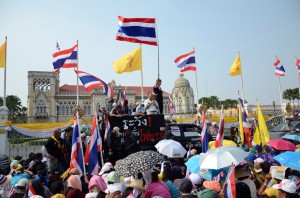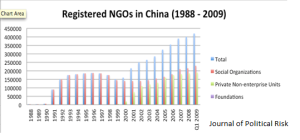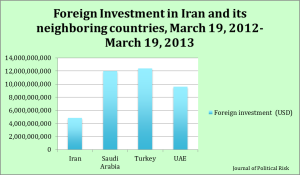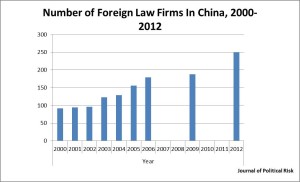
Anti-government protesters attend a rally outside Government House on December 9, 2013 in Bangkok, Thailand. Photo credit: Sira Anamwong.
Journal of Political Risk, Vol. 1, No. 8, December 2013.
By Anders Corr, Ph.D.
Thailand’s opposition Democrat Party, as well as the supporting People’s Democratic Reform Committee (PDRC) protest movement, will weaken due to strategic missteps of boycotting elections and attempting to block other parties from registering with Thailand’s electoral commission. It should be obvious that elections and elected position are a potent source of influence for both political parties and social movements. Boycotting elections invariably backfires as a strategy because it increases distance between the challenger who wields the strategy, and the electoral source of influence. Election boycotts led to landslide victories for incumbents in Trinidad and Tobago (1971), Jamaica (1983), Burkina Faso (1991), Ghana (1992), Togo (1993), Ethiopia (1994), Mali (1997), Algeria (1999), Gambia (2002), Guinea (2003), Azerbaijan (2003), Iraq (2005) and Venezuela (2005). The incumbent also won the boycotted 3 April 2006 elections in Thailand. These were later invalidated and followed by a coup, resulting in the instability that continues in Thailand today. As in prior boycotts, expect the incumbent political party, in this case Prime Minister Shinawatra’s Pheu Thai, to take advantage of the challenger’s absence to consolidate the Pheu Thai’s parliamentary majority and public image. Expect increased dissatisfaction among the opposition and military, and resulting political instability.[1. Horowitz, Donald. Ethnic Groups in Conflict. Berkeley, CA: University of California Press, 1985, p. 327; New York Times, “Jamaica election boycott,” 11/29/1983.; Frankel, Matthew. “Threaten but participate: why election boycotts are a bad idea.” Brookings Policy Paper #19, March 2010. Washington, DC: Brookings Institute.] Continue reading



